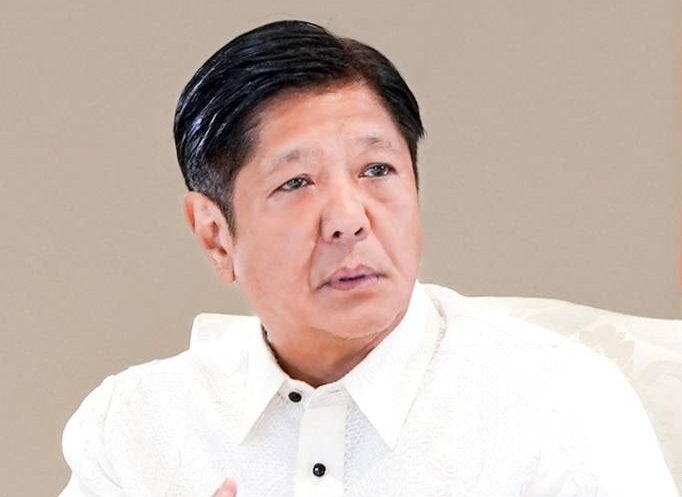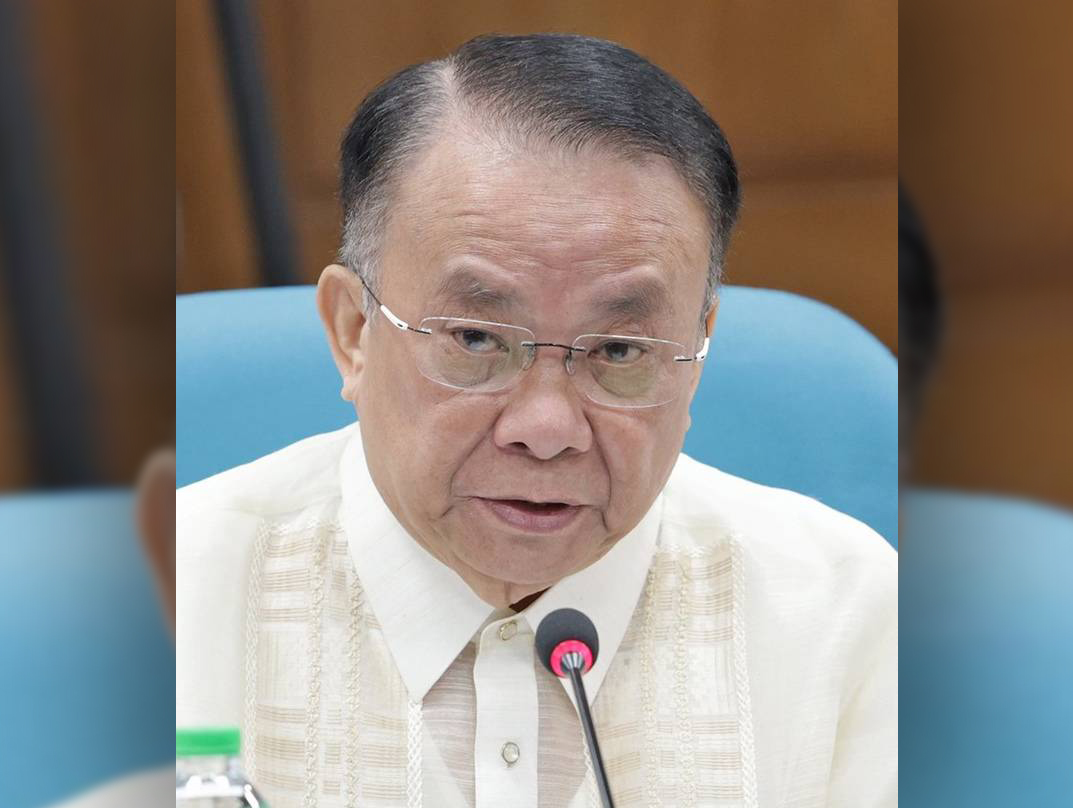Marcos to veto parts of draft 2025 budget

The national budget will not be signed by President Marcos on Friday as earlier planned after he decided to veto and scrutinize parts of the proposed P6.235-trillion spending program in 2025, according to Malacañang, amid widespread criticism of fund cuts and other controversial items seen in the General Appropriations Bill (GAB).
In a statement on Wednesday announcing the planned vetoes, Executive Secretary Lucas Bersamin did not specify which provisions would be thumbed down by Mr. Marcos.
“The scheduled signing of the General Appropriations Act on December 20 will not push through to allow more time for a rigorous and exhaustive review of a measure that will determine the course of the nation for the next year,” he said.
Change of tune
“While we cannot yet announce the date of the signing, we can now confirm that certain items and provisions of the national budget bill will be vetoed in the interest of public welfare, to conform with the fiscal program, and in compliance with laws,” Bersamin said.
Only two days earlier, the President said that he was not inclined to veto the budget despite the presence of “worrisome elements,” including the reduction in the proposed budget of the Department of Education (DepEd).
“I do not want to line-item veto anything because that just gets in the way,” he told reporters on Monday.
Mr. Marcos said he was discussing with lawmakers how to “find a way” to remedy the situation.
The 1987 Constitution gives the President the power to exercise line-item veto of an appropriation, revenue or tariff bill.
However, Congress may reconsider the President’s veto by a vote of two-thirds of all the members of the House.

Massive cuts
The final version of the 2025 proposed national budget approved by the congressional bicameral committee was met with public uproar after it imposed massive cuts on several public services.
These included slashing off P96 billion from the Department of Social Welfare and Development, cutting P74.5 billion from the Philippine Health Insurance Corp. (PhilHealth) and removing P12 billion from DepEd, P10 billion of it for its computerization program.
P289B more for DPWH
Aside from the PhilHealth budget cut, another strongly criticized move was the approval of a P26-billion allocation for the Ayuda para sa Kapos ang Kita (Akap), which are dole outs for the “near poor” that critics suspect would be used as a congressional largesse for next year’s midterm polls.
Lawmakers also poured an additional P289 billion into the Department of Public Works and Highways (DPWH), widely believed to be a source of kickbacks from infrastructure projects. This gave the DPWH a total of P1.1-trillion next year, topping the trillion-peso allotment for the first time for a department.
According to Bersamin, the President was personally involved in the “assessment” of the spending measure, in consultation with the heads of major departments.
Members of the House and the Senate responsible for pushing the controversial provisions of the budget said they welcomed the President’s move as part of the “checks and balances” in a democratic system of government.
Co accepts delay
House appropriations chair and Ako Bicol Rep. Elizaldy Co, who is part of the bicameral conference committee, said he supported and respected the President’s decision to delay the signing of the budget “to allow for a meticulous review of its provisions.”
“This approach exemplifies the strength of our democratic processes and the effective system of checks and balances in our government,” he said.
Co said that the House was prepared to work with the President “to refine the budget, ensuring it serves the best interests of all Filipinos.”
Bataan Rep. Geraldine Roman said the President’s decision was “proof that he was being sensitive to public clamor” and this was one “good thing” under his administration_“that people are free to express what they want to say without fear and we can work on things.”
“Clearly, in the way that we are now reviewing the budget at the executive level before it is signed, it’s only an indication that the President is dutiful about exercising his role in the budget-making process,” she said.
‘Healthy democracy’
Senate President Francis Escudero, who earlier insisted that there was no reason for Mr. Marcos to veto certain provisions of the ratified House Bill No. 10800, or the 2025 GAB, acknowledged the Chief Executive’s prerogative.
“It’s part of the legislative process and the system of checks and balances in our Constitution,” he said in a Viber message.
Sen. Grace Poe, who defended the Marcos administration’s expenditure plan for next year as chair of the Senate finance committee, said the President’s move was a “sign of a healthy democracy.”
“I believe his economic managers are giving the President the best advice possible given the situation,” she said, noting that the national budget was the “the most important piece of legislation” that could determine the nation’s economic stability and growth in 2025.
Koko: Veto power limited
Senate Minority Leader Aquilino “Koko” Pimentel III said the President’s veto power did not authorize him to allot taxpayer money for items that were already defunded by lawmakers in the bicam report, including the “zero subsidy” for PhilHealth.
“If Congress did not fund it, I don’t see any technique for the executive branch to change the ‘zero entry’ (in the GAB) because that’s (part of) legislation,” he told Senate reporters.
Pimentel agreed with several of his colleagues who had questioned the legality of the bicam’s decision to remove P74.4 billion in yearly government subsidy to PhilHealth, which set aside the amount for the premium of senior citizens, indigents and other nonpaying members of the state health insurer.
He said this decision violated the sin tax law, or Republic Act No. 10351, which mandated the allocation of 80 percent of tax revenues from cigarettes and alcoholic beverages to finance the country’s National Health Insurance Program.
“In effect, we are not implementing the sin tax law,” the senator said. “GAA cannot amend the formula mandated by the sin tax law.” Pimentel said it was like an “automatic appropriation that Congress should not have altered.”
Imee hits bicam
Sen. Imee Marcos, the President’s elder sister, slammed the bicam for the “miraculous” maneuvers it made in the national spending plan that she believed had deprived various social protection programs of much-needed funding.
The senator, one of the critics of the Akap allocation, said everyone should be “disheartened” and disturbed by the bicam’s actions and the means that it ratified its report before the final version of the 2025 GAB report came out.
“Is it not the bicam report that was supposed to embody all the changes that the bill had undergone during the bicam conference?” she pointed out. “How can the bicam committee release a bicam report for the 2025 GAB when the actual 2025 GAB was still being finalized?”




















